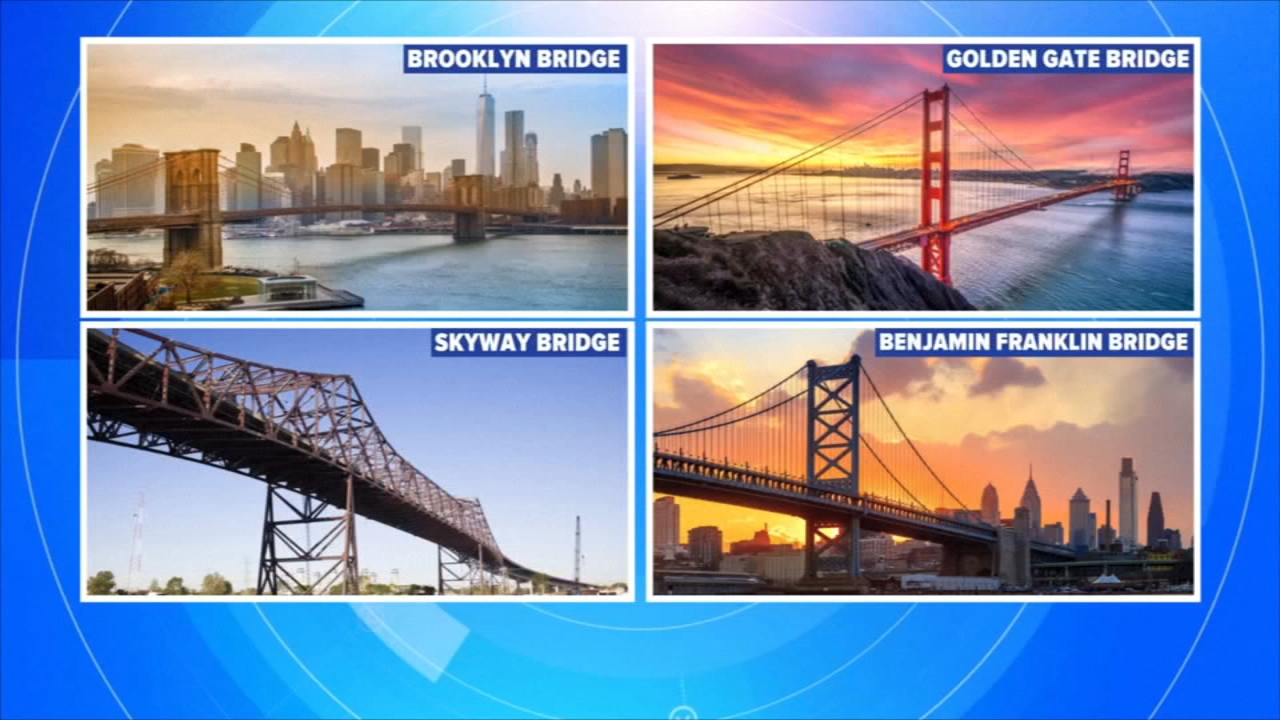Astronaut Scott Kelly returns to work after nearly a year in space

HOUSTON -- He's back on Earth, but his mission is not over. Scott Kelly landed here last night and went right back to work.
Kelly returned to Houston just after midnight, but it wasn't fast enough.
"It would have been great to get here quicker," Kelly says. "I am used to going 17,500 miles an hour but this airplane does not do quite that."
Watch as Scott Kelly arrives home to Houston

From the time he landed, the clock was ticking. Kelly had 15 minutes of free time before heading right into crew quarters for the next phase of his mission.
Kelly will be compared to his twin brother Mark Kelly to see what affects long term space travel has on the human body as NASA takes the next step to send humans to Mars.

"It's an unbelievable feeling to be back here on planet Earth, back in our country, with my family and my friends," Kelly says. "I want to recognize my girlfriend and partner here, Amiko, whose been in lock step with me the whole time during this whole experience."
Kelly said while he may be getting the credit, it took a team of NASA scientists to get into space and back home.
"This mission is the latest achievement in our countries space program, but it is not the last, there will be more," Kelly says. "It is the DNA of our country to explore and we must never stop."
And now the hard work begins, figuring out if humans can withstand space radiation long term and the impacts of long term isolation.
The tests comparing Scott to his twin brother Mark are already underway.





























































